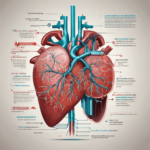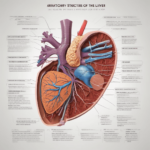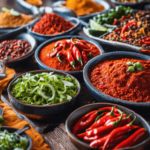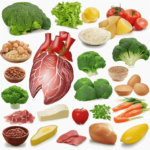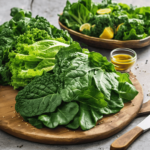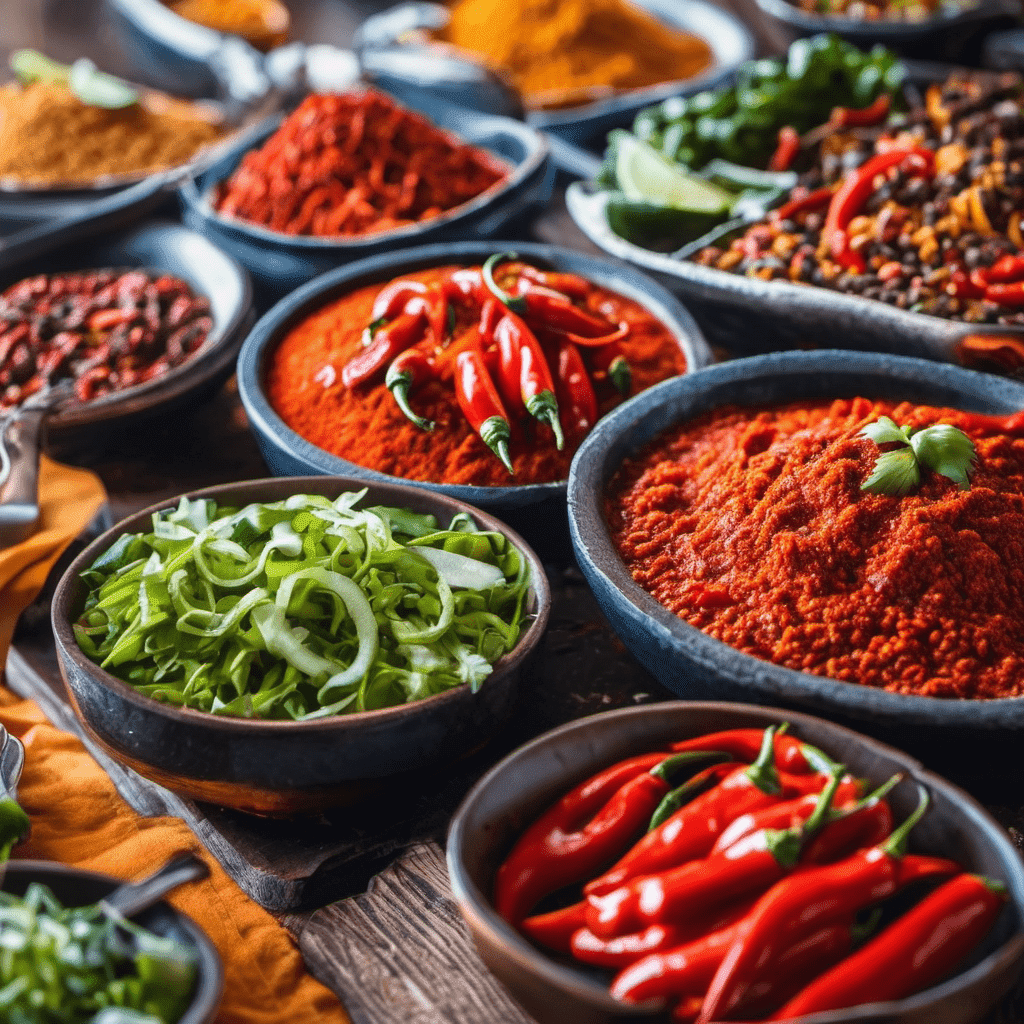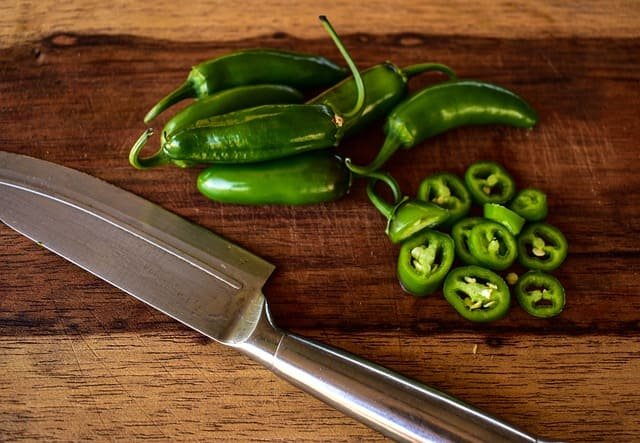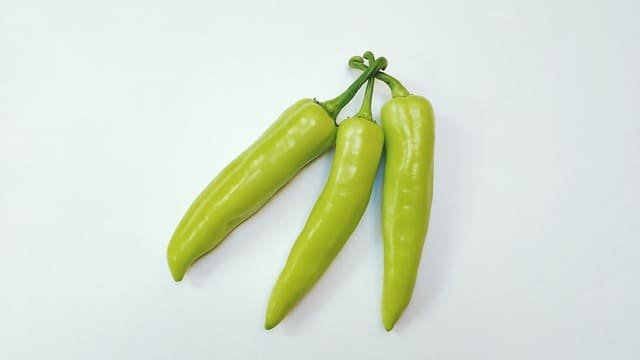The relationship between spicy food consumption and its potential effects on liver health has been a subject of interest and investigation. Spices, often celebrated for their flavor enhancing properties, are known to contain bioactive compounds with various health benefits.
However, concerns have been raised about the potential adverse effects of consuming excessively spicy foods, particularly on the liver.
The liver plays a vital role in metabolism, detoxification, and overall body balance, making it essential to understand how spicy foods may affect its functions.
While some studies suggest that some spicy ingredients may have hepatoprotective properties, others propose an association between excessive spice consumption and liver damage.
It is important to research the existing scientific literature on the topic to obtain information about the potential risks or benefits associated with the consumption of spicy foods and their effects on liver health.
Find Out ! Is Spicy Food Bad for Your Liver?
Spicy food has a way of stimulating our taste buds, but how does it affect our liver? Let’s explore the research and learn how to enjoy spicy dishes without compromising liver health.
What does the research say?
-
- Limited evidence: Some studies suggest that eating too many spicy foods may increase the risk of certain liver diseases. However, the effects may vary from person to person depending on genetics, overall diet, and existing health conditions.
- Capsaicin: The active ingredient responsible for the heat in chili is capsaicin. Surprisingly, it has been shown to have the ability to reduce liver inflammation. So, there may be a ray of hope for our spicy delight.
- Antioxidant and anti-inflammatory benefits: Research has indicated that capsaicin may provide antioxidant and anti-inflammatory benefits. These properties can counteract any potential harm caused by spicy food.
Factors affecting the effect of spicy food on the liver:
Several factors come into play when considering the effects of spicy food on liver health:
Overall health: If you have existing health problems, your liver function may be affected. It is recommended that you consult a health care provider to understand how spicy foods fit into your particular situation.
Underlying liver conditions: People with conditions like hepatitis or fatty liver disease should be cautious. Spicy foods may worsen symptoms, so consult your doctor about dietary restrictions.
Consuming spicy food: Eating too many spicy dishes can put pressure on the liver and lead to inflammation. Restraint is the key. Combine spicy foods with a balanced diet and be mindful of your tolerance for spices.
Tips for Incorporating Spicy Food in a Liver-Friendly Diet:
Balance: Instead of spicy dishes every day, balance them with other healthy foods. Consider adding spices like turmeric, ginger and cinnamon – these provide flavor without stressing the liver.
Moderation: Limit your intake of very spicy dishes. Make your health a priority to enjoy a delicious yet liver-friendly diet.
Listen to your body: If you experience adverse effects after regularly eating spicy foods, seek medical advice. Everyone’s tolerance level is different.
Conclusion:
In conclusion, the relationship between spicy food consumption and its effects on liver health is complex and multifaceted. Although some studies suggest that certain spicy ingredients may have hepatoprotective properties and contribute to liver health, conflicting evidence suggests a possible association between high spice consumption and liver damage. It is important to recognize that individual reactions to spicy foods may vary, and moderation is likely important. Future research efforts should delve deeper into the duration of exposure to better understand the specific bioactive compounds in spicy foods, their concentrations, and their effects on liver function. Additionally, it is necessary to consider the broader context of one’s overall diet and lifestyle to comprehensively assess the potential risks or benefits associated with spicy food consumption in relation to liver health. As with many dietary considerations, maintaining a balanced and varied diet is important for overall well-being, and it is recommended to consult a health care professional for personalized advice.
Remember, moderation is key. Spicy food can be part of a healthy diet for most individuals, but always prioritize your specific health needs and consult your doctor if unsure.
FAQs about Spicy Food and Liver Health:
Q: Can spicy food actually damage my liver?
A: No, research doesn’t show direct liver damage from consuming moderate amounts of spicy food. However, individuals with pre-existing liver concerns should consult their doctor before increasing their intake.
Q: Does spicy food worsen existing liver conditions?
A: The evidence is inconclusive, and studies are limited. However, some research suggests spicy food might worsen symptoms like heartburn in individuals with certain liver diseases. Consulting your doctor is crucial for personalized guidance.
Q: How can spicy food potentially impact the liver?
A: The capsaicin in chili peppers, the source of spiciness, might irritate the digestive system, leading to discomfort and potentially impacting nutrient absorption. This could indirectly affect the liver’s ability to process nutrients and toxins.
Q: Who should be cautious about consuming spicy food?
A: Individuals with:
-
- Pre-existing liver conditions, like cirrhosis or hepatitis
- Digestive issues like gastritis, peptic ulcers, or severe heartburn
- Sensitivity to capsaicin or chili peppers
- Always consult your doctor before making significant dietary changes, especially if you have any health concerns.
Q: Are there any benefits to spicy food for the liver?
A: The research is ongoing, but some studies suggest spicy food might have:
-
- Anti-inflammatory properties
- Positive effects on blood sugar regulation
- Potential benefits for heart health
- However, more research is needed to confirm these potential benefits and understand their direct impact on the liver.
Q: I enjoy spicy food. How can I incorporate it safely?
A: Start with small amounts and gradually increase if tolerated.
-
- Listen to your body and avoid discomfort.
- Combine spicy food with other healthy options like vegetables and whole grains.
- If you have concerns, consult your doctor for personalized advice.
Q: Can spicy food be effective in reducing the risk of fatty liver?
A: Spicy foods may help reduce the risk of fatty liver due to their potential hepatoprotective properties and role in metabolism. Enjoy in moderation for potential health benefits.

